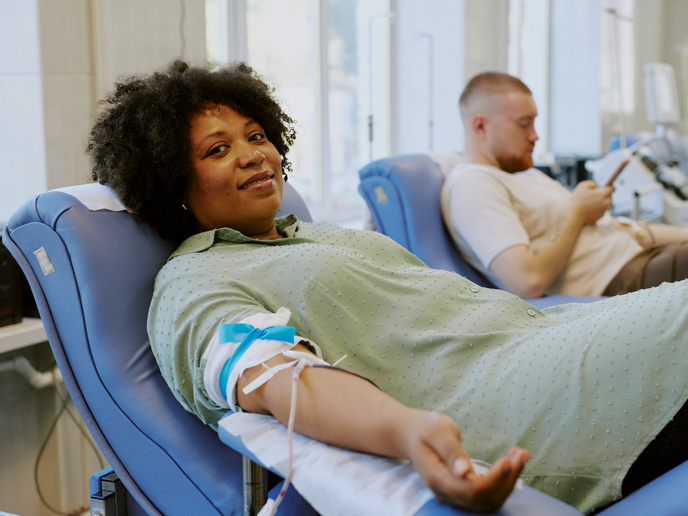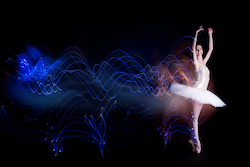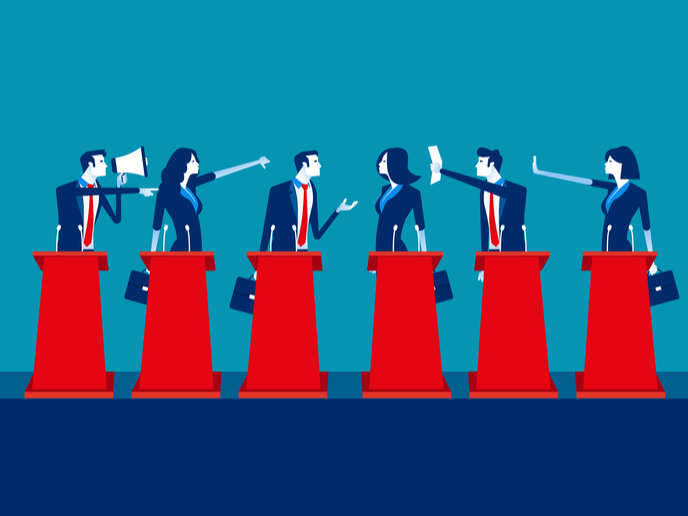What drives selfless behaviour?
Prosocial behaviour describes the act of doing something for someone else – often a stranger – without getting something in return. This might involve carrying out volunteer work, or even donating an organ. “This is close to the traditional idea of pure altruism,” says DONORS project coordinator Eva-Maria Merz from the Vrije Universiteit Amsterdam in the Netherlands. “You don’t benefit yourself, and you can incur financial, time or even medical costs from your actions.”
Motivations behind prosocial behaviour
For one thing, prosocial behaviour underlines the fact that humans are complicated. Clearly, not every decision we make is based on some economic rationale, or even, on first appearances, self-interest. Achieving a deeper and more nuanced understanding of what motivates prosocial behaviour was the goal of DONORS. The project, which was supported by the European Research Council, drew together data on different types of altruistic activities, from volunteering and donating to charities through to donating blood and organs. The team was able to glean information about donor behaviour, and make comparisons between countries. The project took account of values, norms, upbringing, societal values and even genetics to build up a fuller picture of what drives prosocial impulses. “A key element of the project was that it was interdisciplinary,” notes Merz. “This was important, because economists often look at things just from an economic perspective, which doesn’t explain everything. The same goes for sociologists and psychologists. We wanted to develop a model of prosocial behaviour that included theories and methods from different approaches.”
The role of social context and life changes
The project’s findings support the theory that human behaviour operates at different levels, and changes over time. Merz explains what this means. “On one level, we as individuals are connected to social networks,” she adds. “We have some agency, but we don’t operate in a vacuum. We are influenced by our social context. If we are taught through our social networks that we should do something for someone else, then we are more likely to do it.” At another level, the choices we make can be influenced by the country we live in, as well as issues such as access to healthcare and insurance. In some countries, there might be a prevailing social norm of volunteering. In addition, what we as individuals choose to do can change over time. This was confirmed by the project’s analysis of data on blood and organ donations. “Our motivations can change depending on what is happening in our lives,” says Merz. “We might have young kids and a demanding job, or we might be retired. This is the dynamic nature of prosocial behaviour.”
Financial incentives and altruism
These findings could have implications for policymakers. In some countries, there is a financial incentive to donate blood. While this can help meet demand in some contexts, in others it might backfire. “This can be explained in our model by prevailing social norms,” explains Merz. “If incentives are deemed acceptable, this can work. In other situations, however, incentivisation can crowd out the altruistic motivation.” Finally, Merz believes that the project strongly confirms the benefits of interdisciplinary research. “I have always worked in interdisciplinary teams,” she adds. “I think we should take advantage of such work environments.”
Keywords
DONORS, altruism, prosocial, volunteer, charities, blood, organ







